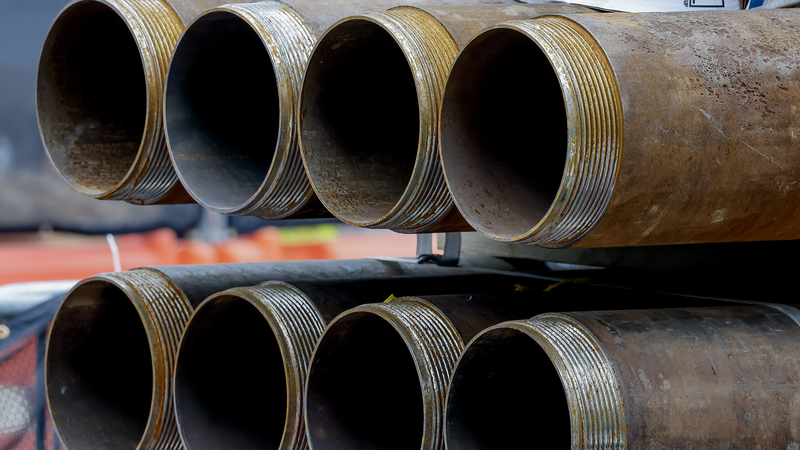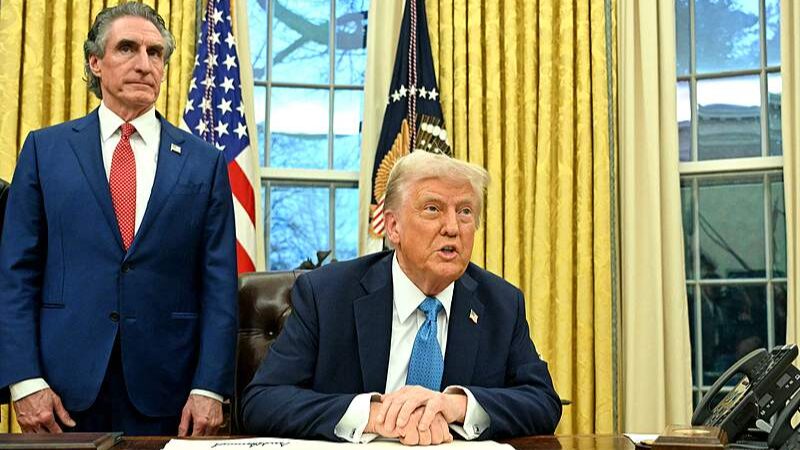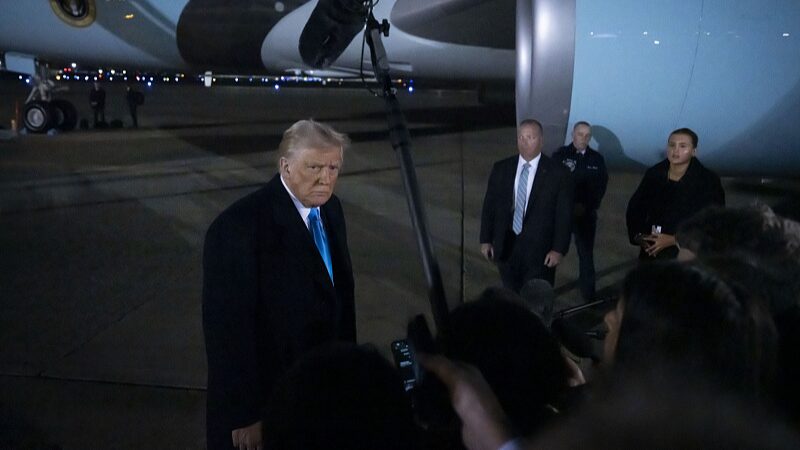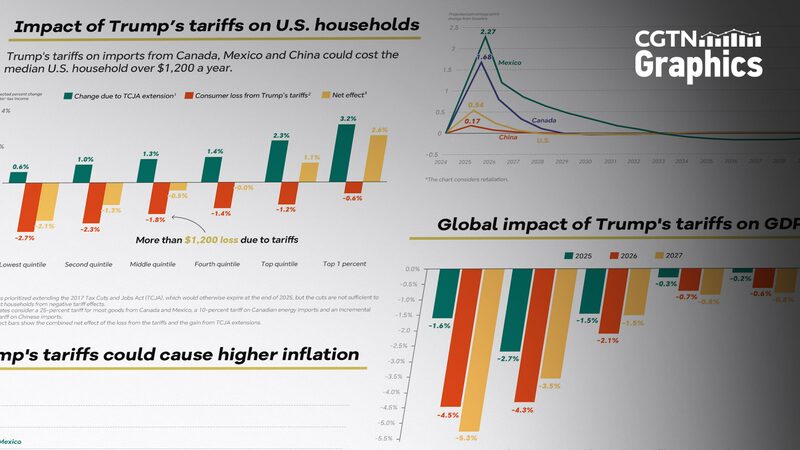The U.S. decision to raise tariffs on steel and aluminum imports from 25% to 50% has ignited widespread criticism from domestic industries and triggered swift countermeasures from key trading partners, signaling potential turbulence for global supply chains and consumer markets.
Domestic Industries Sound Alarm
Experts warn the tariffs could significantly increase production costs for automobiles and household appliances. Kyle Handley, an economics professor at UC San Diego, emphasized: "Fifty percent is incredibly high." The American Iron and Steel Institute notes steel constitutes 60% of a car's weight, with University of South Carolina economist William Hauk projecting potential price increases of $2,000-$4,000 per vehicle.
International Partners Push Back
Mexican President Claudia Sheinbaum condemned the tariffs as "unfair" and "legally baseless," highlighting the measure's potential to disrupt integrated North American manufacturing networks. Canada's Unifor union warned of job losses and economic instability, while EU Trade Commissioner Maros Sefcovic cautioned the move jeopardizes ongoing trade negotiations.
Economic Domino Effect Emerges
With Mexico preparing retaliatory measures and the EU vowing to defend its interests, analysts observe growing risks for global trade stability. The developments come as businesses worldwide grapple with inflationary pressures, particularly in energy-intensive industries reliant on steel and aluminum.
Reference(s):
cgtn.com








